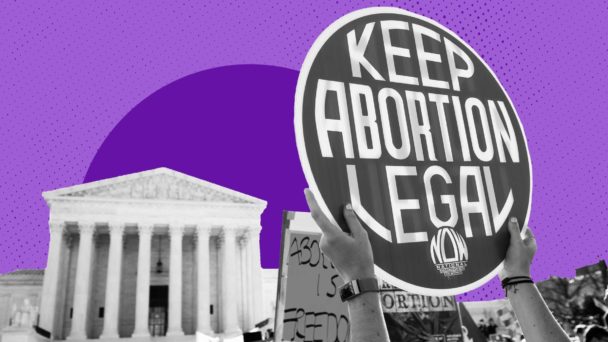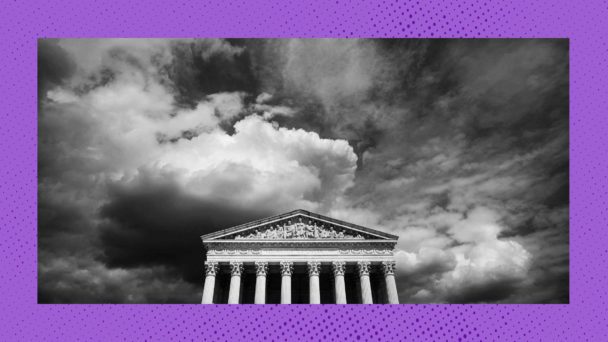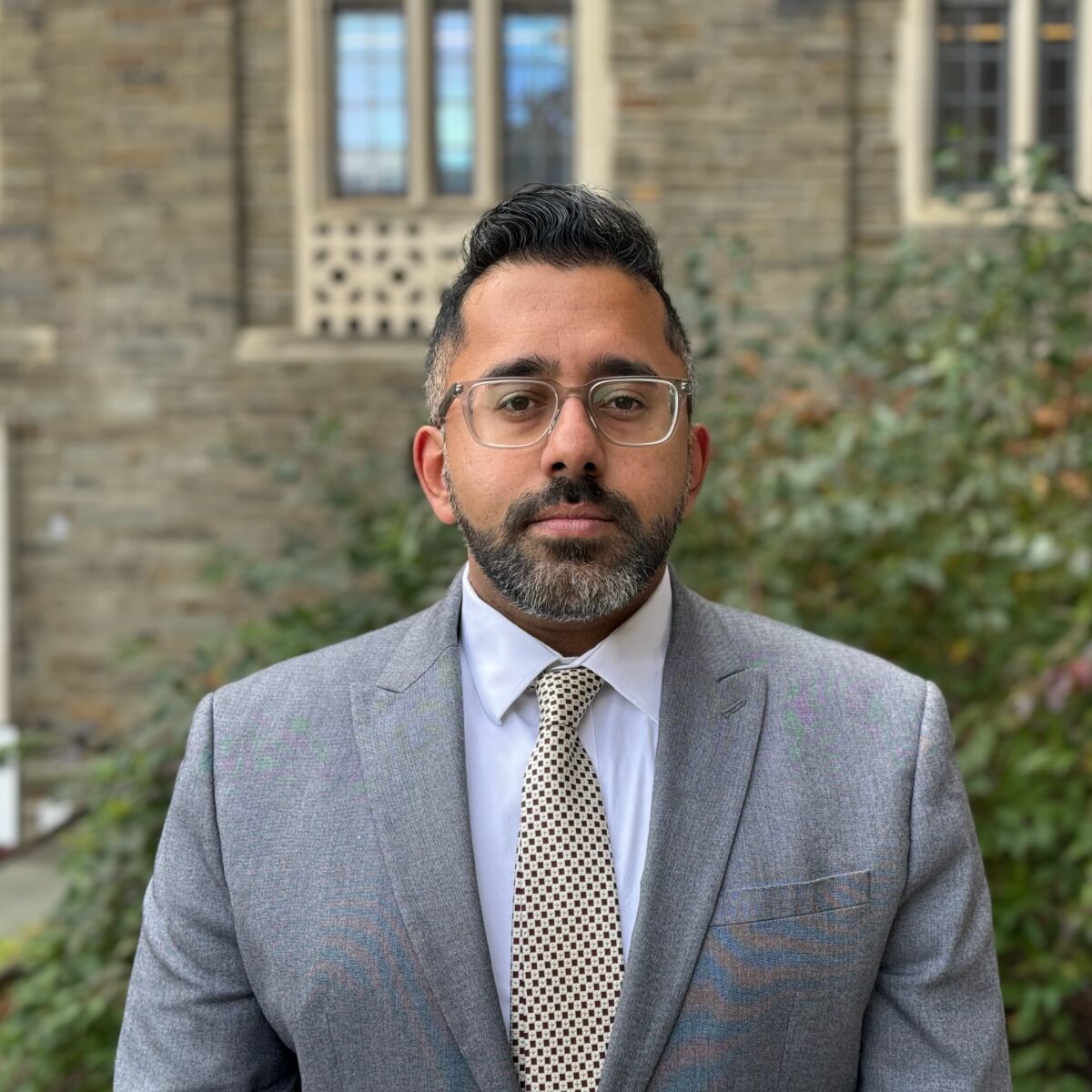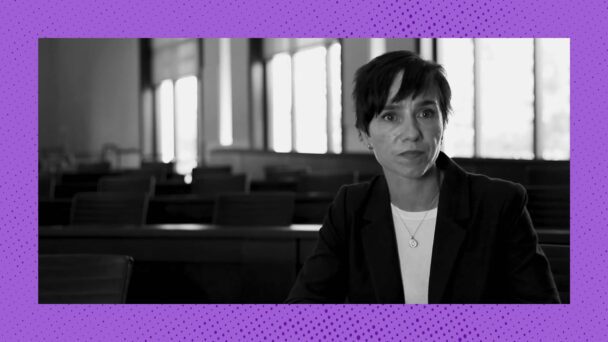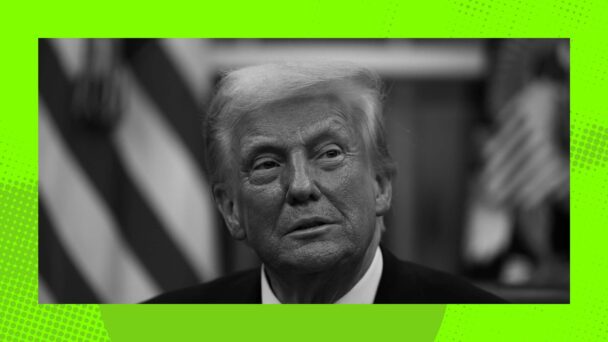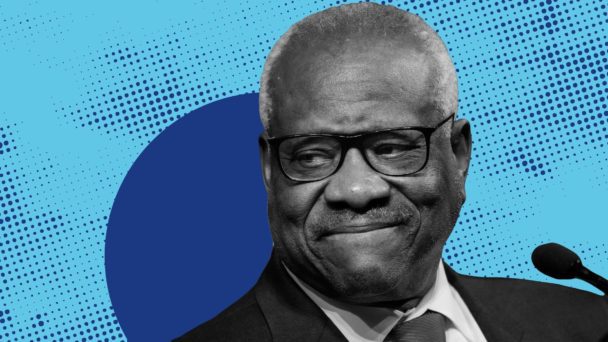The prospect of former President Donald Trump returning to power raises all sorts of fears for law, policy, democracy, and the public. But an undercovered concern stems from a second Trump administration’s likely targeting of unpopular speakers and suppression of disfavored topics. As president, Trump would threaten, sanction, or potentially imprison those who question or criticize him. If he plans to pursue journalists whose coverage he dislikes, ordinary citizens can hardly feel confident that courts will protect their speech rights if they voice their dissent.
There are a disturbingly large number of ways to upend free speech protections, either through executive action or judicial intervention. I’m particularly fearful of how a fascistic president and an ultraconservative judiciary could further limit or even eliminate protester rights, suppress speech about reproductive justice, and curb criticism of political figures.
The judiciary, both state and federal, will play a significant role in protecting (or limiting) free speech rights. That’s why judicial confirmations (and elections, in states that elect judges) are vital to protecting democratic values, even as they receive comparatively less attention than, say, whether Trump’s chaotic ramblings on economic policy can be massaged into coherence. As I’ve previously observed, courts—particularly our friends on the Fifth Circuit—have become increasingly willing to ignore or undermine First Amendment precedent, especially when it protects minority populations. A second term of Trump judicial appointees would provide ample opportunities to revisit those precedents, either overturning or limiting them to the detriment of opponents of the ruling regime.
For example, the federal Comstock Act—a long-dormant statute passed in 1873 but still on the books 150 years later—restricts the mailing of “obscene, lewd, lascivious, indecent, filthy or vile” articles. The Comstock Act was primarily intended to limit access to materials relating to abortion and contraception, which explains why right-wingers who abhor reproductive freedom want to use it to limit access to medication abortion, effectively crafting a nationwide abortion ban without having to enact a new federal law.
But the breadth of the Comstock Act’s language could sweep in other content as well, such as pornography or material pertaining to sexual health, sexuality, and gender identity. Reinterpreting Comstock to cover such materials would require both the Department of Justice to change its policies (not hard to imagine) and the Supreme Court to change the First Amendment standard for obscenity (less likely, but a cause potentially shared by those who want to enact book bans).
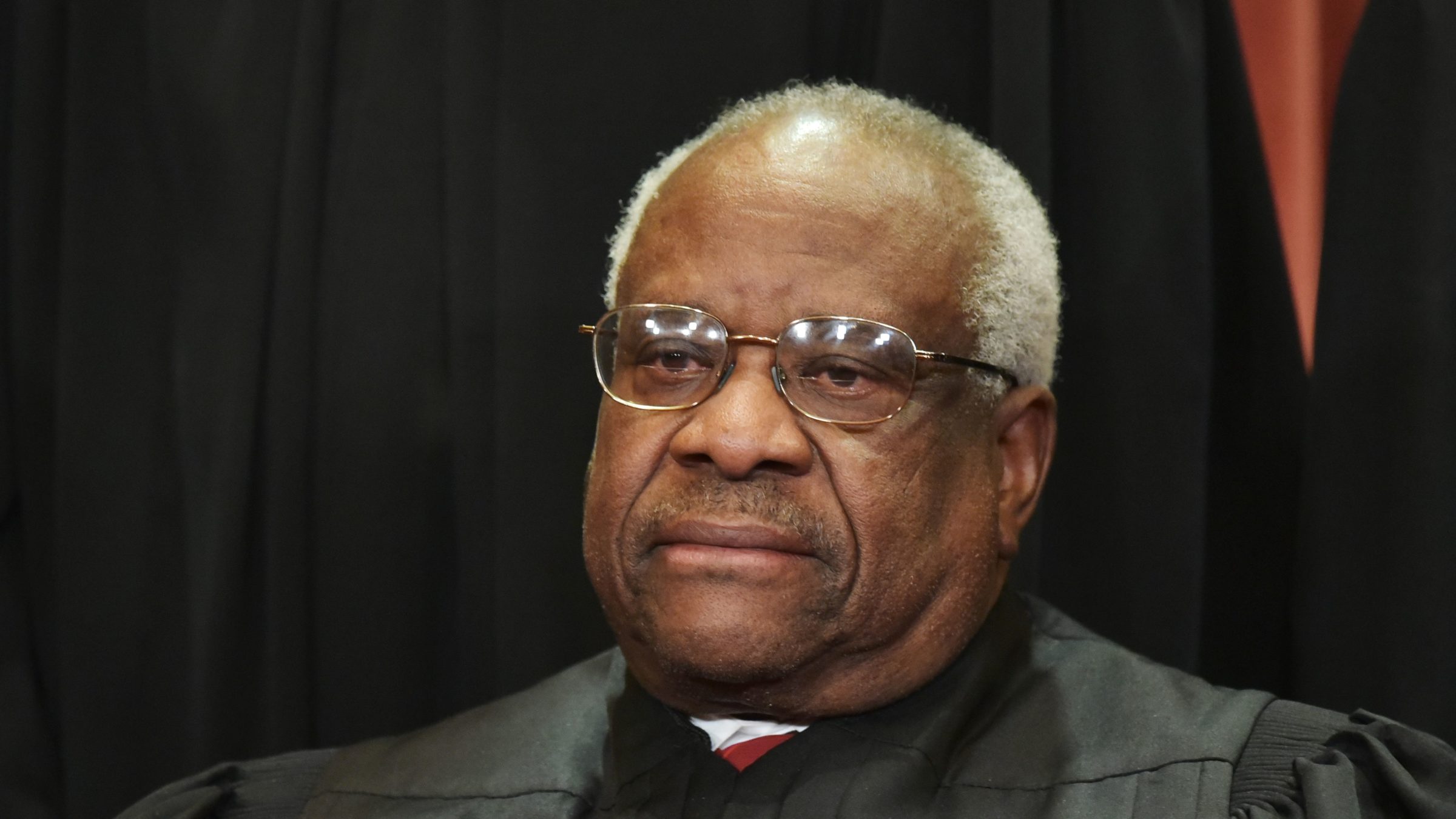
(Photo by MANDEL NGAN / AFP)
The right to protest is also increasingly fragile. In recent years, courts have treated with skepticism the Supreme Court’s 1982 decision in NAACP v. Claiborne Hardware, which limits the liability of rally organizers for the actions of others that the organizers do not direct. In the long-running case of McKesson v. Doe, a police officer has sought to sue the activist DeRay McKesson for injuries he sustained at a protest in 2016. Although McKesson had nothing to do with the officer’s injuries, lower federal and state courts allowed the case to drag on for seven years before a federal trial court dismissed it earlier this year. Cases like Claiborne Hardware might be up for grabs in a judiciary dominated by Trump appointees, given the right’s commitment to limiting protest.
Perhaps most alarmingly, the years-long campaign to overturn New York Times v. Sullivan could bear fruit in a more conservative judiciary. Conservative justices have targeted Sullivan, a 60-year-old decision that made defamation cases filed by public figures much harder to win, for years; in particular, Justices Clarence Thomas and Neil Gorsuch have Sullivan on their personal chopping blocks, which means they are halfway to having the four votes necessary to take up a case to overturn it. Overruling Sullivan would chill criticism of elected officials, for whom it would be much easier to pursue defamation claims. Even if speakers were to ultimately prevail, such cases can take years and thousands of dollars to litigate—a risk that few would take.
Trump holds few, if any, deeply felt policy priorities. But his rhetoric has always demonstrated a zeal for limiting dissent, punishing opponents, and suppressing knowledge. A party platform devoid of any real substance yields plenty of possibilities for curtailing free speech protections for speakers who would need them most. The contretemps regarding the scotched presidential endorsements from the Washington Post and the Los Angeles Times—allegedly spiked by their billionaire owners, to curry favor with Trump—shows how even the potential threat of government sanctions can lead to self-censorship. Threats against the media, blue states, and judges—whether for resisting authoritarian endeavors or protecting dissident viewpoints—can indirectly, though effectively, suppress speech. As we have seen over the preceding decade, much of what we take for granted as to the marketplace of ideas rests on gossamer norms.
The right to free speech undergirds our social and political landscape, which is why it remains so fraught and manipulable by powerful private and public actors. Intimidating protesters and social movements, limiting press access to government proceedings, and threatening investigations against political opponents—presidents can use any of these tactics to suppress the speech of those they dislike, and appoint judges who agree with their views. Limits on the use of such anti-democratic tools now seem solidly in the realm of norms, and only those capable of feeling shame will ever resist employing them.
For Trump, a politician who has succeeded primarily by flaunting the idea of consequences, the prospect of using power to chase down opponents ranks high on the list of job perks. (Recall his odious use of federal officers to disperse the Lafayette Square protest in summer 2020, which he capped off by notoriously holding up a Bible in a photo opp.) Expect more of the same if Trump wins. And even if Trump loses, his lawless, anti-democratic attitude towards dissent has inspired a phalanx of true believers in the judiciary who will continue to threaten the rights of those who speak out.

